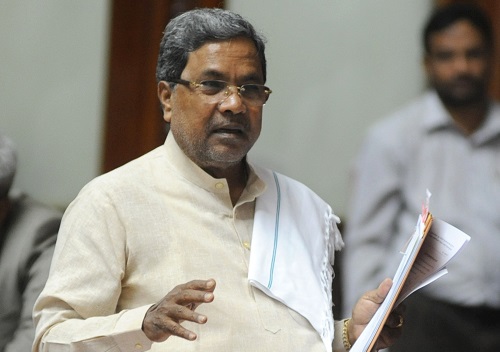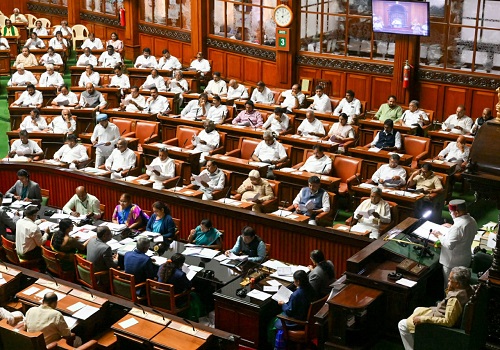Budget proposals for start-ups to boost `ease of doing business`

Follow us Now on Telegram ! Get daily 10 - 12 important updates on Business, Finance and Investment. Join our Telegram Channel
With the Union government deciding to extend tax holiday claim for start-ups by one more year and incentivise the incorporation of one-person companies (OPCs), stakeholders in the industry have welcomed the moves, saying they will promote ease of doing business, promote entrepreneurship and boost investments.
Presenting the Budget on Monday, Union Finance Minister Nirmala Sitharaman said that the government will allow the growth of one-person companies without any restrictions on paid-up capital and turnover.
"The proposed extension of tax holiday for start-ups by one more year will enhance ease of doing business and encourage the next generation of tech companies to step up and carry the mantle of development towards a digital-first future in line with the Prime Minister's Digital India mission," Atul Rai, CEO, Staqu Technologies, a Gurugram-based Artificial Intelligence (AI) start-up.
One-person companies will also be allowed to make conversions into any other type of company at any time, according to the Budget provisions.
Moreover, the government proposed to reduce the residency limit for an Indian citizen to set up a one-person company from 182 days to 120 days.
The government will also allow non-resident Indians (NRIs) to incorporate one-person companies in India.
"This move will provide a big boost to start-ups and innovators by enabling them to grow without regulatory restriction on paid-up capital and turnover, thereby bolstering the start-up ecosystem and the economy at large," said Kunal Bahl, co-founder and CEO, Snapdeal.
Moreover, capital gains exemptions for investment in start-ups have been extended till March 31, 2022.
The Finance Minister also proposed to ease compliance requirement of small companies by revising their definition under Companies Act, 2013, by increasing their thresholds for paid-up capital from "not exceeding Rs 50 lakh" to "not exceeding Rs 2 crore" and turnover from "not exceeding Rs 2 crore" to "not exceeding Rs 20 crore."
"With this step, the government aims to benefit about two lakh companies," Rai said.












 320-x-100_uti_gold.jpg" alt="Advertisement">
320-x-100_uti_gold.jpg" alt="Advertisement">












